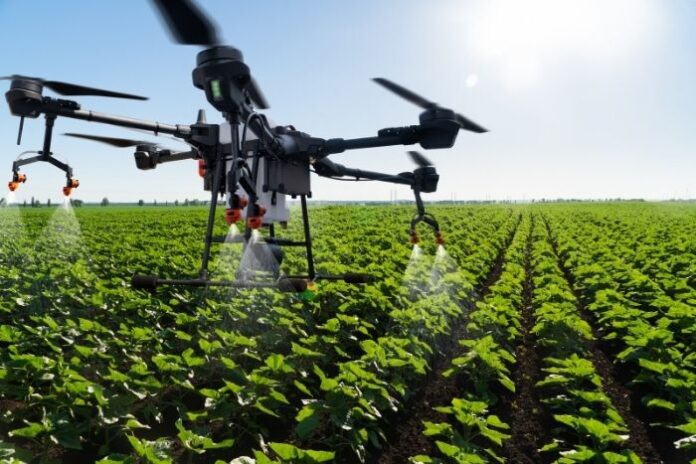When we think about the industries that benefit from technology, we often think of construction and manufacturing. But technology also shapes agriculture. The interesting impact of technology in agriculture ranges from the use of drones to specialized software.
Technology and Crop Care
Thanks to the help of large machinery, farmers can care for and pick crops much more quickly. This makes the workday more efficient and eliminates human error, since crops receive the proper amounts of water, fertilizer, and more. This also benefits the consumer by keeping prices low in the grocery store.
Artificial intelligence and other advancements also lend helping hands to plant breeding, since farmers can use data to make the ideal hybrids. This could not only mean more food but also lessen food loss.
Finally, since farmers often rely on fuel-based machinery such as tractors, they’re one of the many industries that benefit from automated fuel management. This type of software allows users to better track their fuel use as well as what remains in their fuel tanks at any given time.
Technology and Livestock
In some locations, summer and winter bring extreme temperatures, so roaming outside could be dangerous for livestock. Technology has become so advanced that farmers can control the climate inside their barns to accommodate this. With the help of cameras or drones, farmers and ranchers can manage their livestock without being in the same location. Also, farmers can use computerized technology or phone apps to remotely feed their animals, which makes the day even more efficient.
Interesting Technology Used
Farmers utilize various types of technology to optimize plant and animal care. In addition to the aforementioned advancements—different apps, sensors, and data systems—they also use technology such as:
- GPS (global positioning systems)
- Moisture sensors
- Robots
Thanks to these devices, we’ve seen an interesting impact of technology in agriculture, ranging from enhanced crop harvesting to robotic milking machines. As in any field, advancements take agriculture one step further as farmers meet the needs of an ever-growing world.
















